Filter by
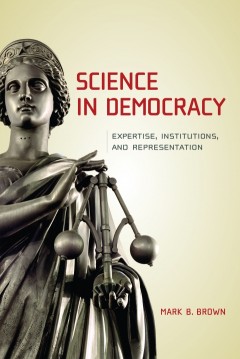
Science in Democracy: Expertise, Institutions, and Representation
Mark Brown draws on canonical & contemporary political & scientific theory, from Machiavelli to Latour, to throw light on how scientific expertise may be brought into a representative democracy.OCLC-licensed vendor bibliographic record.
- Edition
- -
- ISBN/ISSN
- 9780262258647
- Collation
- 1 online resource (xvi, 354 pages)
- Series Title
- -
- Call Number
- -
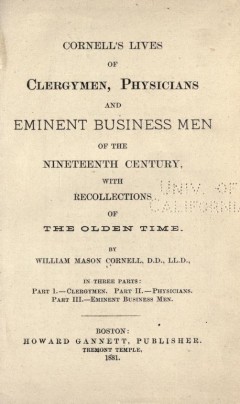
Cornell's lives of clergymen, physicians and eminent business men of the nine…
- Edition
- -
- ISBN/ISSN
- -
- Collation
- v. 19 cm
- Series Title
- -
- Call Number
- -
- Edition
- -
- ISBN/ISSN
- -
- Collation
- v. 19 cm
- Series Title
- -
- Call Number
- -
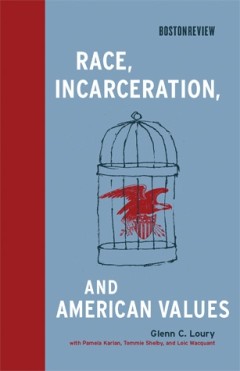
Race, Incarceration, and American Values
"Based on the 2007 Tanner lectures on human values at Stanford."Why stigmatizing and confining a large segment of our population should be unacceptable to all Americans.The United States, home to five percent of the world's population, now houses twenty-five percent of the world's prison inmates. Our incarceration rate--at 714 per 100,000 residents and rising--is almost forty percent greater th…
- Edition
- -
- ISBN/ISSN
- 9780262278577
- Collation
- 1 online resource (86 pages).
- Series Title
- -
- Call Number
- -
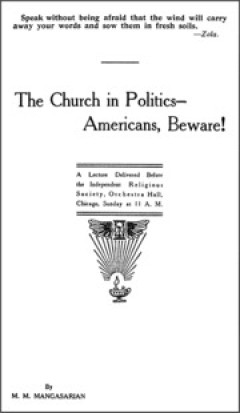
The church in politics--Americans, beware!
- Edition
- -
- ISBN/ISSN
- -
- Collation
- 23 p,
- Series Title
- -
- Call Number
- gutenberg etext# 39622
- Edition
- -
- ISBN/ISSN
- -
- Collation
- 23 p,
- Series Title
- -
- Call Number
- gutenberg etext# 39622

Transportation in a Climate-Constrained World
A discussion of the opportunities and challenges involved in mitigating greenhouse gas emissions from passenger travel.OCLC-licensed vendor bibliographic record.
- Edition
- -
- ISBN/ISSN
- 9780262296892
- Collation
- 1 online resource (xiii, 340 pages) :illustrations
- Series Title
- -
- Call Number
- -

Parasites, pathogens, and progress: Diseases and economic development
In this work, the authors combine biological and economic perspectives to suggest an innovative view of American history with implications for how we understand history as a whole.OCLC-licensed vendor bibliographic record.
- Edition
- -
- ISBN/ISSN
- 9780262298391
- Collation
- 1 online resource (viii, 343 pages) :illustrations
- Series Title
- -
- Call Number
- -
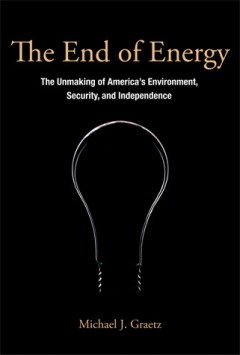
The end of energy: The unmaking of America's environment, security, and indep…
"Americans take for granted that when we flip a switch the light will go on, when we turn up the thermostat the room will get warm, and when we pull up to the pump gas will be plentiful and relatively cheap. In The End of Energy, Michael Graetz shows us that we have been living an energy delusion for forty years. Until the 1970s, we produced domestically all the oil we needed to run our power p…
- Edition
- -
- ISBN/ISSN
- 9780262295611
- Collation
- 1 online resource (x, 369 pages) :illustrations
- Series Title
- -
- Call Number
- -
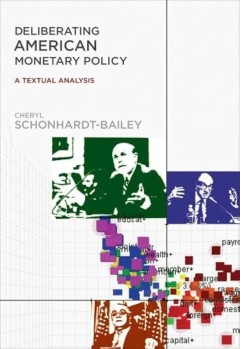
Deliberating American Monetary Policy: A Textual Analysis
American monetary policy is formulated by the Federal Reserve and overseen by Congress. Both policy making and oversight are deliberative processes, although the effect of this deliberation has been difficult to quantify. In this book, Cheryl Schonhardt-Bailey provides a systematic examination of deliberation on monetary policy from 1976 to 2008 by the Federal Reserve's Open Market Committee (F…
- Edition
- -
- ISBN/ISSN
- 9780262314725
- Collation
- 1 online resource
- Series Title
- -
- Call Number
- -
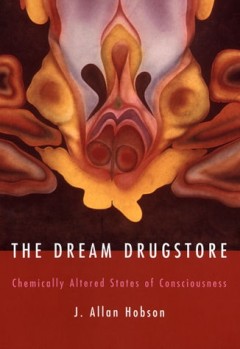
The Dream Drugstore: Chemically Altered States of Consciousness
"A Bradford book."In this book, J. Allan Hobson offers a new understanding of altered states of consciousness based on knowledge of how our brain chemistry is balanced when we are awake and how that balance shifts when we fall asleep and dream. He draws on recent research that enables us to explain how psychedelic drugs work to disturb that balance and how similar imbalances may cause depressio…
- Edition
- -
- ISBN/ISSN
- 9780262275491
- Collation
- 1 online resource (xv, 333 pages) :illustrations, photographs.
- Series Title
- -
- Call Number
- -
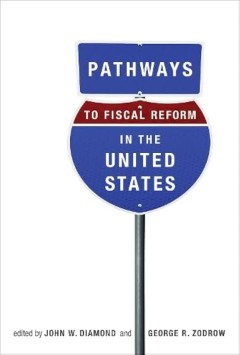
Pathways to Fiscal Reform in the United States
Experts discuss fiscal reforms intended to address the U.S. debt problem, examining entitlements, federal budgetary processes, and individual and corporate income taxes.OCLC-licensed vendor bibliographic record.
- Edition
- -
- ISBN/ISSN
- 9780262321914
- Collation
- 1 online resource (xiii, 411 pages) :illustrations
- Series Title
- -
- Call Number
- -
 Computer Science, Information & General Works
Computer Science, Information & General Works  Philosophy & Psychology
Philosophy & Psychology  Religion
Religion  Social Sciences
Social Sciences  Language
Language  Pure Science
Pure Science  Applied Sciences
Applied Sciences  Art & Recreation
Art & Recreation  Literature
Literature  History & Geography
History & Geography